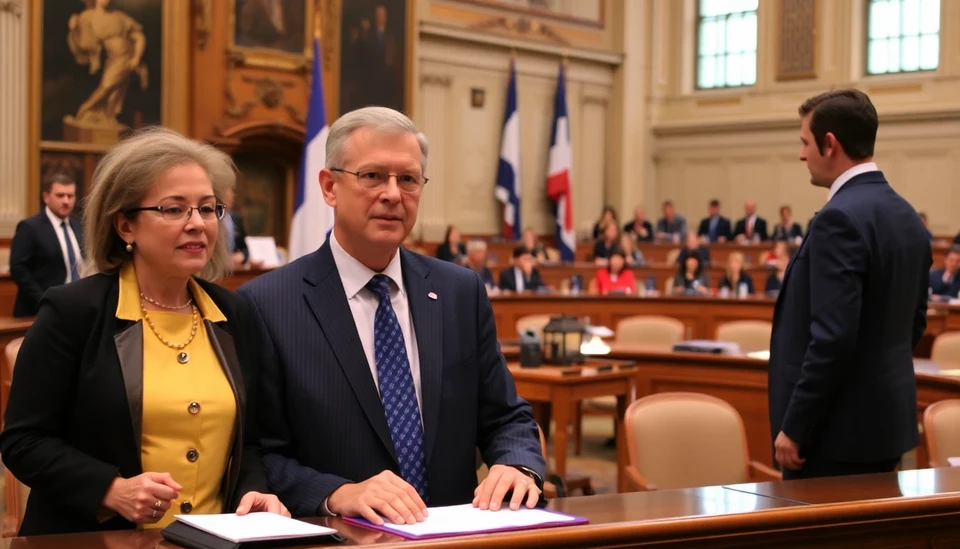
In a significant development for France's economic landscape, a bipartisan conference committee has successfully reached an agreement on the 2025 budget bill. This collaborative effort among lawmakers comes at a critical time as the country faces various economic pressures, including inflation and global market uncertainties. The agreement signifies a unified political front to address pressing fiscal challenges while promoting growth and stability.
The budget outlines crucial funding allocations aimed at bolstering key sectors, with a strong emphasis on supporting small to medium enterprises (SMEs), enhancing social welfare programs, and investing in sustainable initiatives. Lawmakers have crafted the spending plan to stimulate the economy and create a conducive environment for recovery post-pandemic.
In this ambitious fiscal blueprint, the government is proposing a notable increase in public investment, especially in sectors that are poised to drive France’s future competitiveness. A large portion of the budget will focus on green technologies, education, and digital innovation, reflecting the nation's commitment to combating climate change and modernizing its economy.
Notably, the 2025 budget is designed to address the concerns of the public regarding social equity and economic inclusion. As part of the agreement, funding for healthcare and education will see significant enhancements, aiming to improve access and quality across the nation. The committee's approach underscores the importance of ensuring that all citizens benefit from economic progress.
As the nation prepares to implement this budget, attention will be drawn to balancing fiscal responsibility with social investments. The government aims to remain vigilant against rising national debt while ensuring that the growth trajectory does not compromise essential services and welfare for its citizens.
In discussing the implications of the new budget, Prime Minister Élisabeth Borne expressed optimism about the country’s economic future, emphasizing the need for cooperation among all political factions to achieve common goals. She stated that the budget reflects the expectations of the electorate and lays a foundation for a resilient economic structure.
The agreement reached in the conference committee marks a crucial step in the legislative process, and the finalized budget will now move to a vote in the National Assembly and Senate. If approved, it will be implemented at the start of the 2025 fiscal year, setting the stage for France’s economic strategies going forward amidst ever-changing global economic conditions.
As this pivotal budget progresses, economists and political analysts alike will be monitoring its outcomes, particularly how it may affect current inflation rates and economic growth indicators throughout the year.
In conclusion, the collaboration amongst lawmakers symbolized in this budget agreement represents a determined effort to not only respond to immediate economic challenges but also to strategically position France for long-term prosperity and resilience in an unpredictable global economy.
#FranceBudget2025 #EconomicGrowth #BipartisanEfforts #FiscalResponsibility #SustainableInvestment #SMEs #SocialWelfare #PoliticalCollaboration
Author: Rachel Greene




